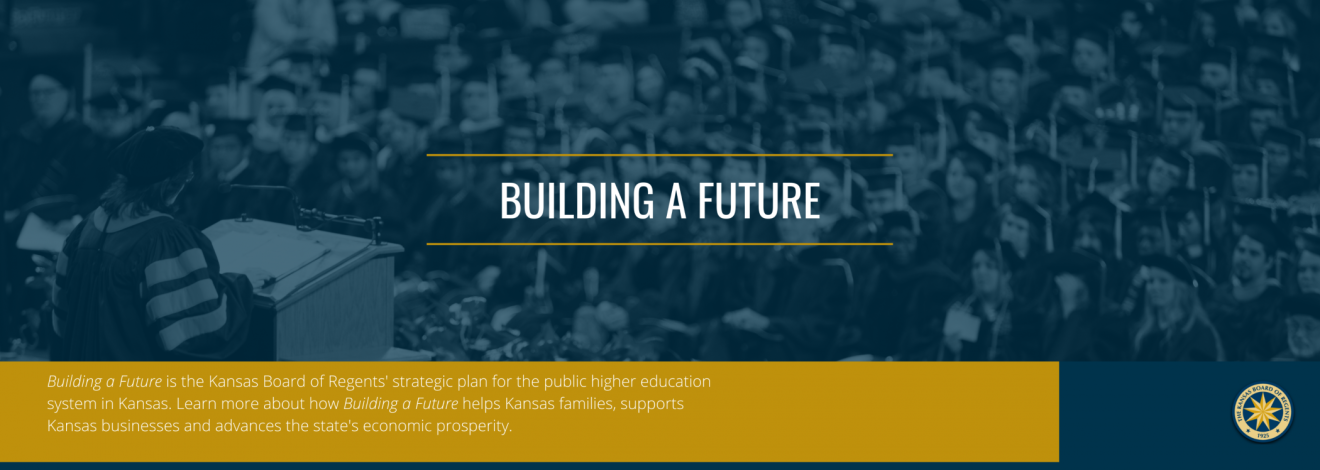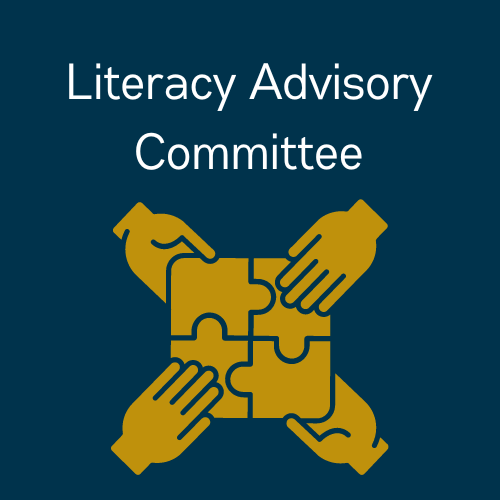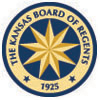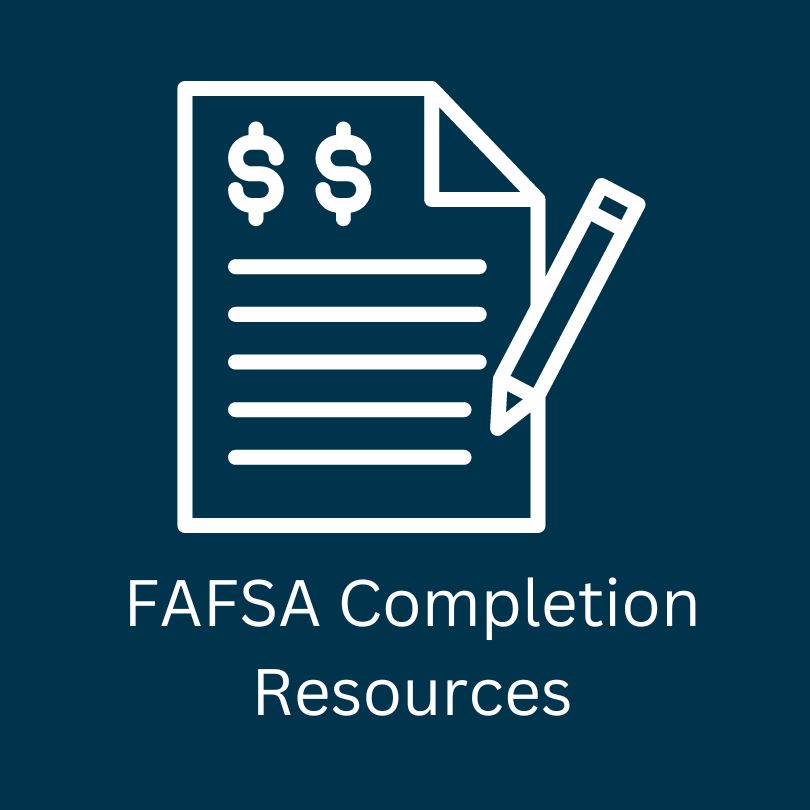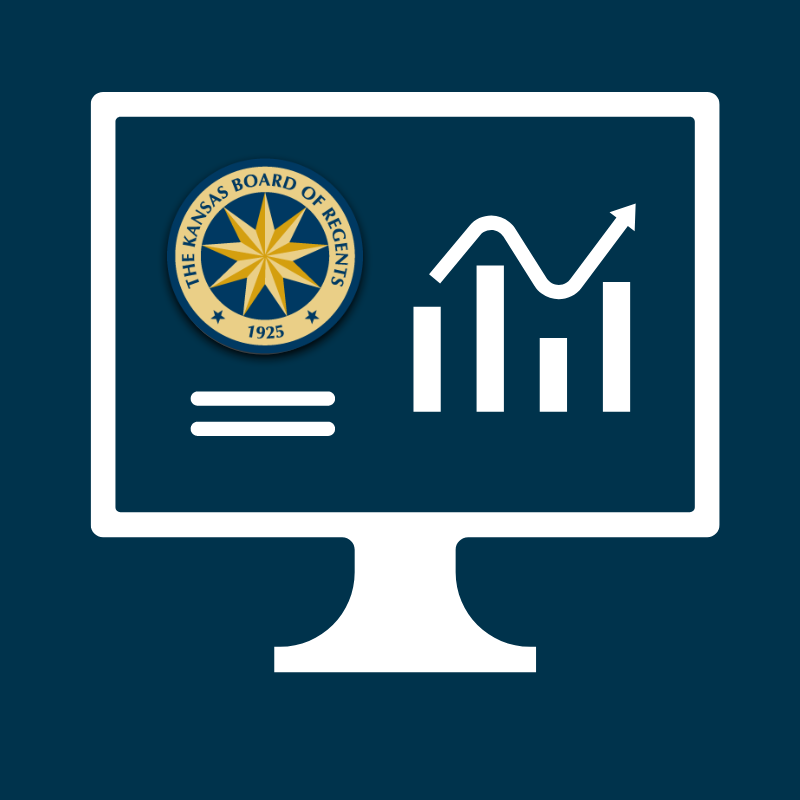
Senate Bill 438 was signed into law by Governor Laura Kelly on April 25, 2024. This bill established the Kansas Blueprint for Literacy and established an advisory committee to develop a plan for the creation of six Centers of Excellence in literacy across the state.
WHY CENTERS? – The challenge we face today is that forty percent of Kansas students are not proficient in reading and not reading well. The Centers create a network of supports, resources, and education so we can all be part of solution and achieve our 90% reading goal.
|
Vision: Deliver world-class education and educator training in the Science of Reading. The Centers ensure Kansas teachers and school leaders are highly skilled in the application of the Science of Reading, in the support of families, and in providing community-based interventions designed to meet the unique needs of the Centers’ catchment area. |
Purpose: The Centers will prepare and support educators; provide on-going professional learning, literacy coaching, evaluation, assessment, and intervention; and support for families in their communities and catchment areas. |
The Centers of Excellence in Literacy ensure teachers and school leaders are highly skilled in the application of the Science of Reading and Structured Literacy, and support families and communities.
The vision for these six Centers for Excellence in literacy is to deliver world-class education, and educator training in the Science of Reading. With this vision in mind, we can begin the work towards achieving the overall Kansas Blueprint for Literacy goal - to have 90 percent of Kansas students reading at or above grade level by 2033.
The Centers of Excellence will serve as both a place and a network of resources and partnerships to provide families with easy access to support, and educators with professional learning opportunities.
The Advisory Committee has created a framework that outlines the expectations and requirements established for Centers. This framework describes the standards that prospective centers will need to meet, along with the expectations for partnerships, quality assurance, and data review.
| Centers for Excellence in Literacy Framing Document | Intent to Apply |
| Catchment Map | Scoring Guide |
The Advisory Committee has received seven proposals for consideration of the Centers of Excellence. These proposals were submitted by Emporia State University, Fort Hays State University, Kansas State University, Pittsburg State University, the University of Kansas, Washburn University and Wichita State University. The committee will be reviewing all application materials by November 15 to make recommendations to the Kansas Board of Regents, which will approve a final plan to submit to the Kansas Legislature.
Proposals and presentations for each institution may be viewed below.
Background
Higher education institutions have traditionally relied on standardized testing to place students in gateway English and math courses. While these assessments have their place, using test scores as the sole placement tool provides a limited evaluation, as they measure a student’s abilities based on one test taken on a single day. A more comprehensive approach incorporates multiple measures for course placement, such as ACT/SAT subject scores, completion of specific high school courses, and high school GPA. Research shows that using multiple measures is a more accurate predictor of student success and helps reduce unnecessary placements in developmental education.
In addition to overreliance on standardized tests, Kansas colleges and universities have historically operated with independent criteria for determining whether a student is eligible for gateway math or English courses. This lack of uniformity has led to up to 32 different standards across the state's higher education system, creating confusion for students, high school teachers, and counselors regarding college readiness expectations.
To address this, KBOR updated its policy on May 17, 2023 (Ch. III.A.14.), embracing a more cohesive and holistic approach to course placement.
KBOR policy (Ch. III.A.14.b.vii.) states:
“Systemwide course placement measure” is a high school performance grade standard, requisite ACT/SAT score, or other common assessment mechanism that is recognized by all coordinated and state university institutions to determine if a student is eligible to enroll in a gateway English or math course. These measures are informed by recommendations from the Systemwide Course Placement Math and English Committees and will require approval from the Board of Academic Affairs Standing Committee.
Systemwide Math Course Placement Committee
A Systemwide Math Course Placement Committee was first convened in February 2024. President Flanders attended the first meeting and charged the Committee with developing recommendations for systemwide multiple placement measures for three gateway math courses: College Algebra, Elementary Statistics, and Contemporary Math. The Committee convened on seven occasions this year (February 28, March 22, April 19, May 17, June 10, June 26, July 22) to reach consensus on the proposed recommendations.
The recommendations from the Committee, approved by BAASC in September and communicated by VP Monhollon, can be found in this issue paper.
Summary of Decisions
Per KBOR policy, each student who meets either a systemwide course placement measure OR an institutionally designated* course placement measure is eligible to enroll in a gateway course without developmental support. Each student meeting neither of the above shall be placed into the gateway course with developmental support.
College Algebra
Math ACT: 22 or higher OR
Math SAT: 540 or higher OR
ALEKS PPL: 46 or higher OR
Accuplacer QAS: 263 or higher OR
HS GPA and Course Grade: 3.25 cumulative GPA (unweighted) and B- or higher in Second semester Algebra 2 or Integrated Math 3 OR
Institutional Measure* (including professional discretion)
Contemporary Math and Elementary Statistics
Math ACT: 19 or higher OR
Math SAT: 510 or higher OR
ALEKS PPL: 30 or higher OR
Accuplacer QAS: 255 or higher OR
HS GPA and Course Grade: 3.00 cumulative GPA (unweighted) and C- or higher in Second Semester Algebra 2 or Integrated Math 3 OR
Institutional Measure* (including professional discretion)
*Institutionally designated course placement measure is any course placement measure that is not included in the systemwide course placement measures and is used to determine eligibility to enroll in a gateway English or math course. These measures could include, but are not limited to, vendor-based assessments, homegrown assessments, or an evaluation of non-cognitive factors such as motivation and workplace experiences. These measures are approved at the institutional level and only apply in cases in which the student did not meet any of the applicable systemwide course placement measures (Ch. III.A.14.b.v.). This category also provides institutions the professional discretion to place students in the gateway course by considering scores on multiple measures as well as non-cognitive factors known to the institution.
Upcoming Presentations
Want to learn more about the multiple placement measures decisions and implementation? Join one of the presentations below as appropriate for your role.
- Math Faculty Professional Development Session on Sep 27: Multiple Measure Placement Decisions
- Executive Implementation Team Meeting on Oct 25: Institutional Level Decisions for Multiple Placement Measures Implementation
- See complete listing of professional opportunities: Math Pathways Professional Development page

In 2024, the Regents named eight Faculty of the Year from across the state universities. This award recognizes the outstanding contributions of faculty at state universities to teaching, student success, research and Kansas communities.
“The Regents are excited to introduce the Faculty of the Year award and recognize the accomplishments of the outstanding faculty nominated in 2024. Faculty equip students with valuable skills and prepare them for success after graduation. They also conduct groundbreaking research and perform incredibly important work in communities across our state.”
- Kansas Board of Regents Chair Carl Ice
Photos of the recipients with their awards may be downloaded by clicking on their names below.
|
2024 Kansas Board of Regents Faculty of the Year Recipients |
||
| Awardee | Institution | Nomination Type |
| Dr. Christine Brodsky | Pittsburg State University | Tenured Faculty |
| Dr. Sammuel Robert Byer | Fort Hays State University | Tenured Faculty |
| Dr. Linda D'Silva | University of Kansas Medical Center | Tenure-Track Faculty |
| Dr. Tera Fazzino | University of Kansas | Tenure-Track Faculty |
| Dr. Taejoon Kim | University of Kansas | Tenured Faculty |
| Dr. Kristen Livingston | Pittsburg State University | Tenure-Track Faculty |
| Dr. Phillip Allen Olt | Fort Hays State University | Tenure-Track Faculty |
| Dr. Catherine Siengsukon | University of Kansas Medical Center | Tenured Faculty |
Kansas Board of Regents Faculty of the Year nominees are selected by the faculty senates at the state universities and awarded by the Regents. Each faculty senate may submit a tenured faculty member and a tenure-track faculty member as a nominee.
Systemwide English Composition I placement measures and corequisite English developmental support are both critical to the AY 2024 - AY 2026 Performance Agreements. Currently, the English Professional Development Sessions are underway.
Corequisite English developmental support - Professional Development & Implementation
KBOR is facilitating professional development sessions to assist English faculty in creating corequisite developmental support sections for English Composition I. Dr. Casey Reid (University of Kansas), Dr. Melanie Burdick (Washburn University), and Kathy McCoskey, M.A. (Butler Community College) will be leading these sessions.
Please refer to the schedule and registration links below, and please note, content for each session will build upon the material from previous sessions, and the training sessions will be recorded. Individuals who participate in the training acknowledge that the recording may be used for professional development purposes.
| Date/Time | Registration |
|
Friday, Nov. 8, 2024 - 2:00 - 4:00 p.m. (KBOR policy/overview of corequisite English & models) |
Completed |
|
Friday, Jan. 31, 2024 - 200 - 4:00 p.m. (Building corequisite instruction: integrating the "Reading Cycle," scaffolding, & teaching supporting reading) |
Click HERE |
| Friday, Feb. 28, 2024 - 2:00 - 4:00 p.m. (Supporting students' non-cognitive & affective needs) | Forthcoming |
| Friday, April 4, 2024 - 2:00 - 4:00 p.m. (Putting it all together: Working time & questions) | Forthcoming |
Systemwide English Course Placement Measures Committee
- Mary Beth Harris - Emporia State University
- Eric Leuschner - Fort Hays State University
- Karin Westman/Abby Knoblauch - Kansas State University
- Mary Jo Reiff - University of Kansas
- Janet Zepernick - Pittsburg State University
- Darren DeFrain - Wichita State University
- Melanie Burdick (co chair) - Washburn University
- Stephanie Joiner (co chair) - Barton Community College
- Melissa Gunby - Coffeyville Community College
- Geneva Diamond - Dodge City Community College
- Andrea Broomfield - Johnson County Community College
- Nate Arida - Wichita State University Campus of Applied Sciences and Technology

